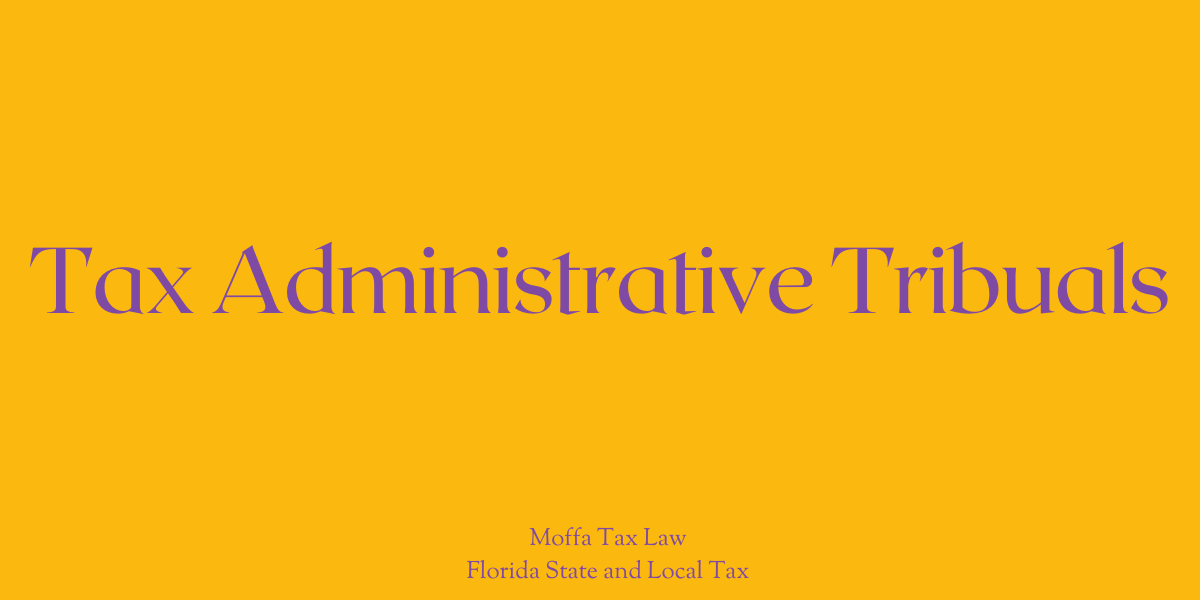NEWS & INSIGHTS


State tax transparency has become a key issue in legislative and judicial discussions, with recent developments shaping disclosure requirements, compliance obligations, and legal challenges. Below is an overview of recent updates affecting state tax transparency policies.
Corporate Transparency Act – Status Update
The reporting obligations under the Corporate Transparency Act (CTA) remain in flux following a series of judicial and legislative actions. In February 2025, Judge Jeremy Kernodle of the Eastern District of Texas granted the U.S. Government’s request to stay the national injunction issued on January 7, 2025. In his ruling, Judge Kernodle referenced the U.S. Supreme Court’s January 2025 decision in Texas Top Cop Shop v. Garland and the federal district court case Smith v. U.S. Department of Treasury as key factors in lifting the nationwide injunction.
As a result, the Treasury Department’s Financial Crimes Enforcement Network (FinCEN), responsible for enforcing CTA provisions, issued a notice on February 18, 2025, extending the filing deadline for most companies to March 21, 2025. Additionally, Congress has proposed legislation that would delay the reporting requirement until January 1, 2026.
While entities may voluntarily comply with the CTA’s reporting requirements, the regulatory landscape remains fluid. Businesses should stay informed about ongoing legislative developments and assess their reporting obligations accordingly.
Tennessee Public Law 950 – Franchise Tax Refund Disclosure
Tennessee’s transparency policies saw a significant shift with the passage of Tennessee Public Law 950, which introduced a limited disclosure requirement for franchise tax refunds. The law, enacted despite opposition from the Council on State Taxation, the Tennessee Chamber of Commerce, and the National Federation of Independent Business, requires the state Department of Revenue to publish certain taxpayer refund data.
Disclosure Provisions
Between May 31, 2025, and June 30, 2025, the Tennessee Department of Revenue must publicly disclose:
-
The name of each taxpayer issued a franchise tax refund and the range of the refund amount, categorized as follows:
-
$750 or less
-
More than $750 but less than or equal to $10,000
-
More than $10,000
-
-
The names of taxpayers who have filed refund claims but have not received refunds by May 31, 2025, designated as “pending” with no amount disclosed.
After June 30, 2025, the Department of Revenue must remove this information from its website.
Policy and Legislative Implications
This policy marks a departure from Tennessee’s traditional taxpayer confidentiality laws, which generally protect tax information from public disclosure. The limited transparency measure applies only to the designated refund period and does not establish an ongoing disclosure policy. However, the measure remains controversial, and legislative efforts to repeal or amend it before the Tennessee General Assembly adjourns in mid-April 2025 remain a possibility.
Conclusion
The evolving landscape of state tax transparency underscores the tension between confidentiality and public disclosure in tax policy. The CTA’s ongoing legal and legislative uncertainty and Tennessee’s shift toward limited public disclosure of franchise tax refunds highlight the complexities of balancing taxpayer privacy with regulatory oversight. As transparency initiatives continue to emerge, businesses and tax professionals should closely monitor state and federal developments to ensure compliance and anticipate potential changes to disclosure requirements.
Share
Additional Articles by the SALTy Orange at Moffa Tax Law:
NEWS & INSIGHTS Inside the FTA’s May 2025 Committee Report: What State Tax Officials Are Watching Inside the FTA’s May…
NEWS & INSIGHTS State Conformity with the BBA Partnership Audit Rules: Where Are We in 2025? State Conformity with the…
How Florida’s Sales Tax Auditors Target Convenience Stores (and What You Can Do About It)”
NEWS & INSIGHTS How Florida’s Sales Tax Auditors Target Convenience Stores (and What You Can Do About It) Florida Department…

Jeanette Moffa, Esq.
(954) 800-4138
JeanetteMoffa@MoffaTaxLaw.com
Jeanette Moffa is a Partner in the Fort Lauderdale office of Moffa, Sutton, & Donnini. She focuses her practice in Florida state and local tax. Jeanette provides SALT planning and consulting as part of her practice, addressing issues such as nexus and taxability, including exemptions, inclusions, and exclusions of transactions from the tax base. In addition, she handles tax controversy, working with state and local agencies in resolution of assessment and refund cases. She also litigates state and local tax and administrative law issues.


